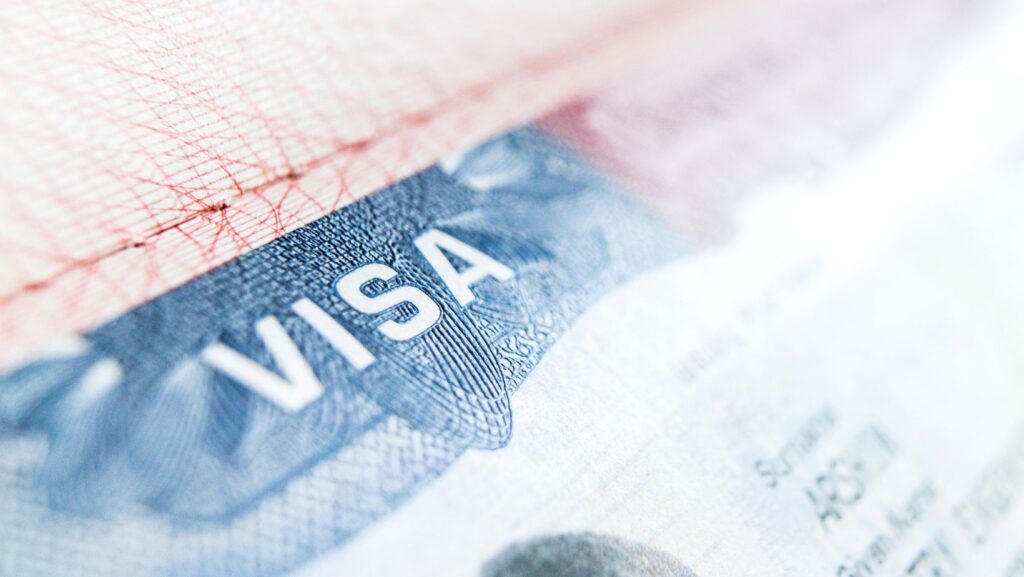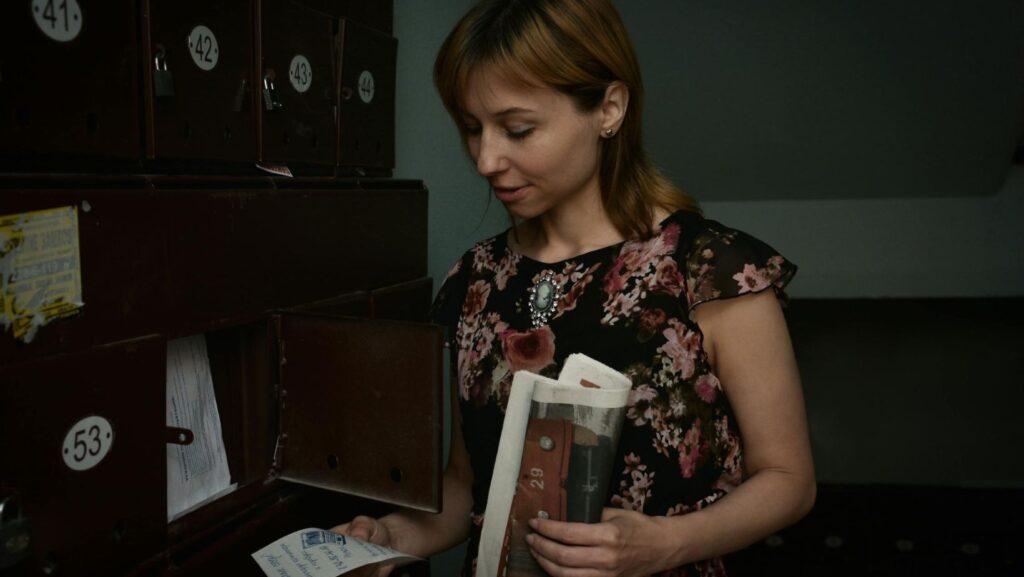For over a decade, Greece’s investment visa program—commonly known as the Golden Visa—has been a cornerstone of European residency-by-investment schemes. In 2025, it stands stronger than ever, combining affordable entry thresholds, simplified processes, and a lifestyle unmatched by most European destinations.
Designed to attract global investors, entrepreneurs, and families, the Greece investment visa offers a clear route to residency with minimal bureaucracy. With strategic program updates and growing investor interest, Greece’s Golden Visa continues to outshine similar programs in Portugal, Spain, and Malta.
This article explores why the Greek route is considered the most attractive investment residency in Europe and what the Greece investment visa requirements look like in 2025.
What Is the Greece Investment Visa?
The Greece investment visa is a residency-by-investment program that allows non-EU citizens to gain legal residency in exchange for an eligible investment. It’s officially referred to as the Greece Golden Visa Program.
Launched in 2013, the program was built to stimulate economic growth through real estate and capital investments. It provides a five-year renewable residence permit to investors and their families, with the potential to lead to long-term residency or citizenship.
Key Features of the Greece Investment Visa:
- Residency permit for five years, renewable indefinitely.
- Inclusion of spouse, children under 21, and dependent parents.
- Access to healthcare, education, and free travel across the Schengen Zone.
- No requirement to permanently live in Greece.
- Option to apply for citizenship after seven years of continuous residency.
In 2025, these features make the program a benchmark for cost-effectiveness and accessibility in the European investment residency landscape.
Greece Investment Visa Requirements (2025 Update)
The Greece investment visa requirements are designed to make the process transparent and flexible. Investors can qualify through several investment options, depending on their preference and financial goals.
1. Real Estate Investment
This remains the most popular path under the Golden Visa framework.
- Minimum investment: €250,000 (for select regions) or €500,000 (for premium areas such as Athens, Mykonos, Santorini, and Thessaloniki).
- The property must be fully paid, and ownership must be maintained to keep the visa active.
- Both residential and commercial properties are eligible.
2. Capital Contribution
An alternative for investors preferring non-real estate options:
- €400,000 invested in Greek government bonds, corporate bonds, or shares in Greek companies.
- The investment must be executed through Greek financial institutions.
3. Bank Deposit Option
- €400,000 minimum deposit in a Greek bank for a fixed term.
- The deposit must be held for the duration of the residency permit.
4. Business or Fund Investment
- Participation in a Greek venture capital or private equity fund with a minimum €400,000 commitment.
- Funds must be regulated and directed toward Greek economic development sectors.
These routes collectively make the Greece investment visa one of the most flexible programs, catering to both real estate buyers and portfolio investors.
Why Greece’s Investment Visa Stands Out in 2025
1. Lowest Entry Point in Europe
While similar programs in Portugal and Spain require €500,000 or more, Greece maintains one of the lowest thresholds at €250,000 for qualifying regions. This makes it accessible to a broader investor base.
2. No Residency Requirement
The Greece investment visa requirements do not compel investors to live in Greece. You only need to visit the country once to complete biometric registration, making it ideal for international business professionals.
3. Fast and Transparent Process
Average processing time is around 60–90 days, one of the fastest in Europe. Greece’s digital transformation initiatives have streamlined submission, verification, and permit issuance.
4. Family Inclusion with One Investment
The program extends residency benefits to the applicant’s spouse, dependent children (under 21), and parents—without additional investment. This multi-generational benefit is one of its strongest appeals.
5. Path to Citizenship
After seven years of continuous residency, investors can apply for Greek citizenship, provided they meet language and integration criteria. This is one of the most straightforward EU citizenship routes via investment.
The Lifestyle Advantage: More Than Just Residency
Beyond financial gains, Greece offers a lifestyle that’s difficult to rival. From the azure Aegean coastline to vibrant city life in Athens, residency brings both comfort and opportunity.
1. Strategic Location
Greece is a gateway between Europe, the Middle East, and Africa—making it an ideal base for entrepreneurs and global investors.
2. Affordable Living
Compared to Western Europe, Greece’s cost of living, healthcare, and education remain remarkably affordable.
3. Safe and Stable Environment
Greece consistently ranks high for safety, political stability, and overall quality of life—key factors for investors relocating with families.
4. Cultural and Tourism Appeal
Golden Visa holders enjoy access to a country steeped in history, world-class cuisine, and scenic islands, all within a short flight of major European capitals.
Economic and Tax Incentives
Greece’s investment program doesn’t just offer residency—it provides meaningful financial advantages for global investors.
1. Non-Dom Tax Regime
High-net-worth individuals can opt into Greece’s Non-Domicile Tax Regime, paying a flat annual tax of €100,000 on global income for up to 15 years.
2. Double Taxation Treaties
Greece has signed treaties with over 55 countries, ensuring income earned abroad isn’t taxed twice.
3. Real Estate Returns
Tourism-led growth continues to push demand for short-term rentals and hospitality investments, offering consistent yields and long-term appreciation.
These incentives strengthen Greece’s position as not just a lifestyle choice but a serious wealth management opportunity.
Application Process: Step-by-Step Overview
Applying for a Greece investment visa follows a structured and efficient process:
- Select Investment Type – Choose between real estate, capital, or fund investment.
- Obtain a Greek Tax ID (AFM) – Required for all financial transactions.
- Open a Local Bank Account – For transferring funds and completing payments.
- Execute the Investment – Complete property purchase or capital allocation.
- Submit Application – Provide all necessary documentation, including proof of investment and health insurance.
- Biometrics and Approval – Attend an appointment in Greece for fingerprinting and final verification.
- Receive Residence Permit – A five-year renewable Greece residency permit is issued.

Proper documentation and legal assistance ensure timely processing and compliance with all Greece investment visa requirements.
Comparing Greece’s Investment Visa to Other EU Programs
| Feature | Greece | Portugal | Spain | Malta |
| Minimum Investment | €250,000–€500,000 | €500,000 | €500,000 | €600,000+ |
| Processing Time | 60–90 days | 6–12 months | 6–8 months | 4–6 months |
| Physical Stay Requirement | None | 7 days/year | None | Full-time |
| Citizenship Eligibility | 7 years | 5 years | 10 years | 1–3 years (donation) |
Greece’s balance of affordability, speed, and minimal stay obligations positions it as Europe’s most investor-friendly Golden Visa in 2025.
Conclusion
The Greece investment visa stands as Europe’s most attractive residency program in 2025 for investors seeking value, simplicity, and opportunity. Its combination of low entry thresholds, fast approvals, and family-friendly inclusivity makes it ideal for entrepreneurs, global citizens, and retirees alike.
Whether you’re focused on lifestyle, tax advantages, or future citizenship, the program’s clear Greece investment visa requirements ensure transparency and confidence at every step.
In a changing European investment landscape, Greece’s Golden Visa continues to set the benchmark—offering not just residency but an investment in long-term stability, freedom, and the Mediterranean way of life.



